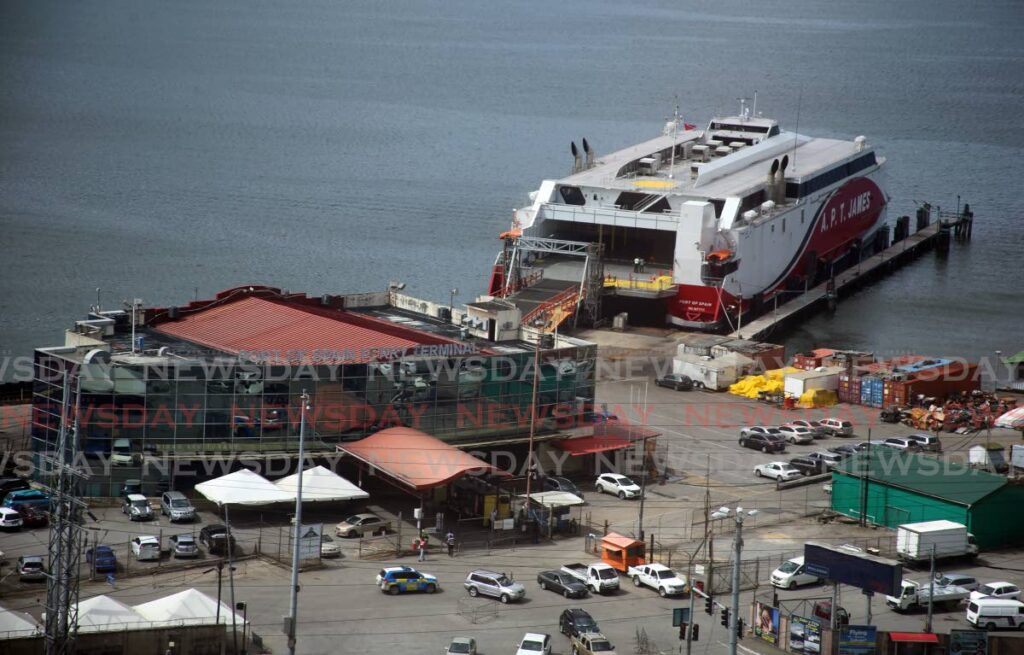Full steam ahead with inter-regional ferry

Coming out of this month’s Caricom summit in Suriname was a decision by leaders to explore the establishment of an inter-regional ferry service.
Such a service is long overdue.
We call on Caricom to not only explore the issue but move full steam ahead. Leaders have mandated the Caribbean Development Bank to begin a roadmap study of the factors needed for bringing this idea to fruition.
The initial focus will be on transportation of agricultural produce between Guyana, Trinidad and Tobago, Grenada and Barbados.
This somewhat narrow remit is understandable given the urgent need to boost food security and to address cost of living issues that are affecting the bloc.
At the summit, the Prime Minister made a call for this initiative, noting that during the era of the West Indies Federation, multi-purpose vessels were donated by Canada for this reason.
“If you really want to help Caricom, one of the best things you could do is help the team of governments to fund and have operating, within the Caricom region, vessels of that nature so as to bring our people together by seas,” Dr Rowley was reported as saying by Kaieteur News.
“It has been done; it needs to be done. Goods and services by sea after by rail is always the cheapest.”
Of course, there are caveats. Any acquisition of vessels will have to be subject to full transparency and proper procurement procedures.
And in the long run, the aim should be to expand the service to include as many Caricom countries as possible. And to focus on transporting not just agricultural goods but people. Imagine being able to travel by ferry to neighbouring Caribbean countries.
Whatever service is introduced – and there should be a clear timeline of implementation – there will need to be effective measures in place to ensure it is reliable. This means vessels must be adequately maintained.
And the service should be sufficient to cater for demand.
Of course, there are many reasons why such a ferry service has yet come to light, even if it seems a rudimentary measure.
This country’s own challenges with the procurement and maintenance of vessels for use in an inter-island ferry are instructive. Too often in the past have there been complaints of unreliable sailings. And too often have questions been raised about the mysterious provenance of vessels that have ended up here.
Caricom, like TT, deserves to get value for money. While it would be ideal for vessels to be donated, they must also be fit for purpose and their prior ownership fully declared to avoid fears of kickbacks.
Also at this month’s summit was the issue of the slow pace of implementation of the Caricom Single Market and Economy (CSME). In particular, leaders worried about the need for greater movement of workers.
In truth, both issues are not unrelated. A regional ferry would deepen the sense of integration needed to fuel the CSME. By pursuing one, Caricom might find it easier to pursue the other.


Comments
"Full steam ahead with inter-regional ferry"